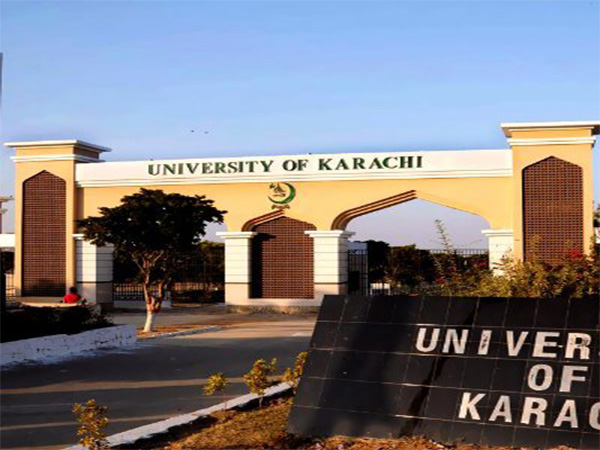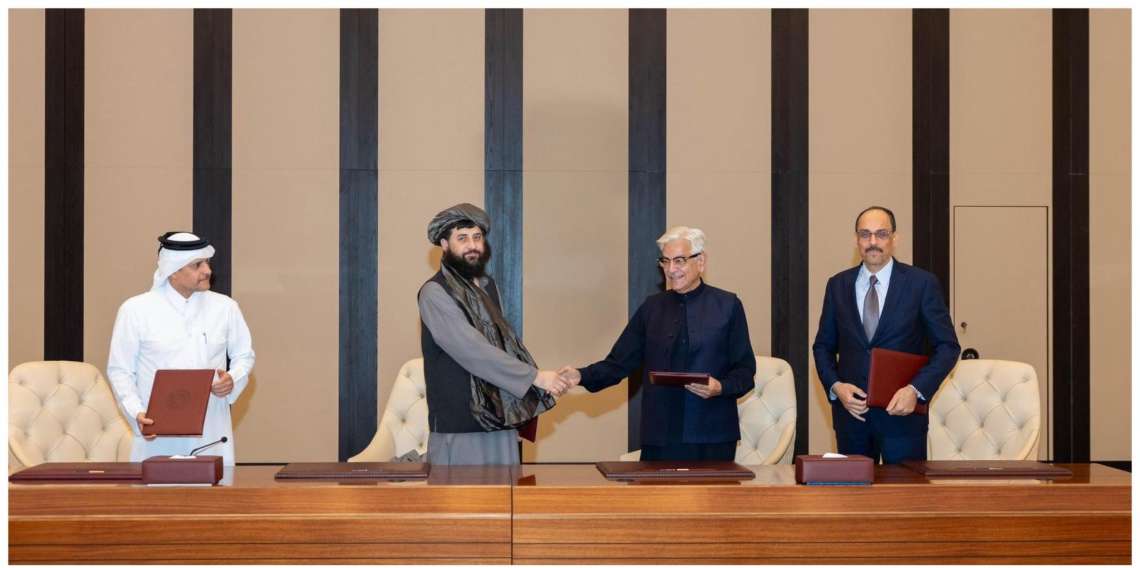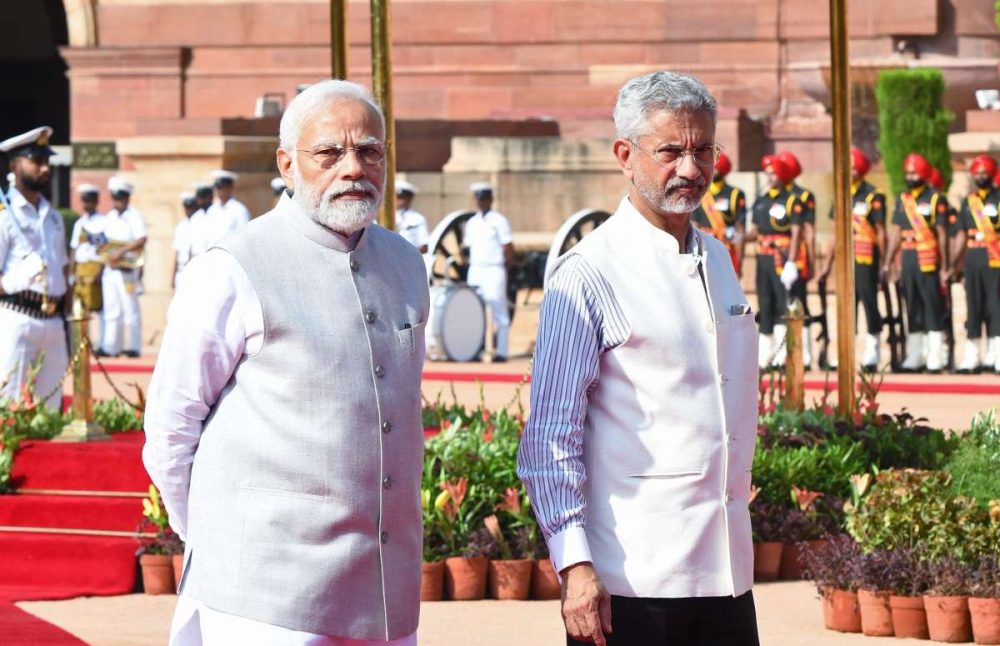As per the opinion, the next few months seem very critical for Pakistan’s future political course, while the spectre of despotism is looming large over the political spectrum with an increasingly fragmented civilian setup struggling with legitimacy questions and resorting to draconian measures, a report by Dr Sakariya Kareem
Pakistan’s judiciary has been experiencing endless attacks on the system and in the latest example of efforts to curtail rule of law, an alleged ‘enforced’ decision by the Karachi University syndicate stripped a sitting high court judge, who spoke out against the establishment’s interference in judicial matters, of his law degree.
According to local media reports, the syndicate of the University of Karachi last week cancelled the degree and enrolment of a candidate, who is said to be a high court judge, on the recommendation of its Unfair Means (UFM) Committee.
The decision came a few hours after the detention of academic and syndicate member Riaz Ahmed, who was picked up by police in what appeared to be an attempt to stop him from attending the key meeting, reports Pakistan’s leading English daily, Dawn.
Riaz Ahmed, an associate professor at the Karachi University’s department of applied chemistry, was released in the evening only after the syndicate decided to cancel the degree, as per reports.
Riaz, while speaking to rights activists and media personnel after being released, claimed in a video statement that the degree issue involved Justice Tariq Mehmood Jahangiri of the Islamabad High Court.

However, neither Karachi University Vice Chancellor Khalid Iraqi nor any other official of the university were immediately available for comment on the matter, the report said.
Riaz, who had already objected to an agenda item of the syndicate meeting pertaining to the case involving the judge’s law degree after 40 years, claimed that he was picked up from Tipu Sultan Road when he was on his way to the university to attend the said meeting.
According to Dawn, the syndicate meeting was held without Riaz and among other decisions it gave consent to the cancellation of the judge’s degree.
“The members also approved the recommendations of the KU UFM [unfair means] Committee which has proposed cancellation of the degree and enrolment cards of the candidate(s) who were found in unethical and immoral acts,” Karachi University stated in a press release, without naming the candidate.
Riaz, however, said he was released eight hours after the “illegal detention”.
Condemning the detention, the Human Rights Commission of Pakistan (HRCP) wrote on social media platform X (formerly Twitter), “HRCP is deeply concerned by reports that Karachi University academic and political activist Dr Riaz Ahmed was earlier taken into custody and then reportedly disappeared forcibly by unidentified persons. Strangely, he was brought back to the police station after the police denied that they had detained him.”
“This is the second time Dr Ahmad has been disappeared. In this case, no FIR was lodged against him, begging the question as to why he was detained at all. The use of such tactics must cease,” HRCP added.
It should be noted that Justice Jahangiri, whose law degree has been cancelled by the Karachi University, is among the six judges who previously complained to the Supreme Judicial Council about chief justice and accused the Inter-Services Intelligence (ISI) of interfering in judicial affairs.
The complaint included allegations of spy cameras being detected at the entrance and in the bedroom of a judge, a matter that was reportedly conveyed to the chief justice but to no avail, as per reports.
An opinion piece by writer-journalist Zahid Hussain published in Dawn describes the Karachi University incident as another instance of growing brazenness of powers in the country.
Commenting on Riaz’s “illegal detention” the opinion piece noted, “In a country where enforced disappearances are a common phenomenon, such brief illegal confinement would not have raised an eyebrow.”
As per the opinion piece, the fate of Justice Tariq Mehmood Jahangiri as a judge seems to have now been sealed, and the action against the judge seems to be a warning to other judges who refuse to toe the line.
“It’s now also a test for the chief justice to defend the independence of the judiciary and protect the judges from such revengeful actions. The pressure on the judges is also growing with the apex court increasingly becoming the battleground for resolving political and constitutional disputes as parliament is becoming increasingly redundant,” according to the Dawn opinion piece.
The writer opined it is not surprising that every effort is being used by the Pakistani government to divide the institution and curtail its power.
“The Supreme Court’s ruling on redistribution of reserved seats may have deprived the ruling coalition of the two-thirds majority in parliament required for a constitutional amendment in the pretext of judicial reform, but the current dispensation has not yet given up hope for reversal of the majority decision,” the writer highlighted.
As per the opinion, the next few months seem very critical for Pakistan’s future political course, while the spectre of despotism is looming large over the political spectrum with an increasingly fragmented civilian setup struggling with legitimacy questions and resorting to draconian measures.
“The attack on the independence of the judiciary and the clampdown on freedom of expression are part of the moves to strengthen despotism,” the opinion piece read.
“Setting up firewalls and downgrading internet services are not going to work for the dispensation mired in deep muddy waters,” the opinion added. “The challenges are too serious for a government lacking public mandate to deal with, and take the country out of, the morass. Its increasing dependence on the security establishment has removed even the pretence of civilian rule. The establishment’s hold is evident in all aspects of decision-making.”














